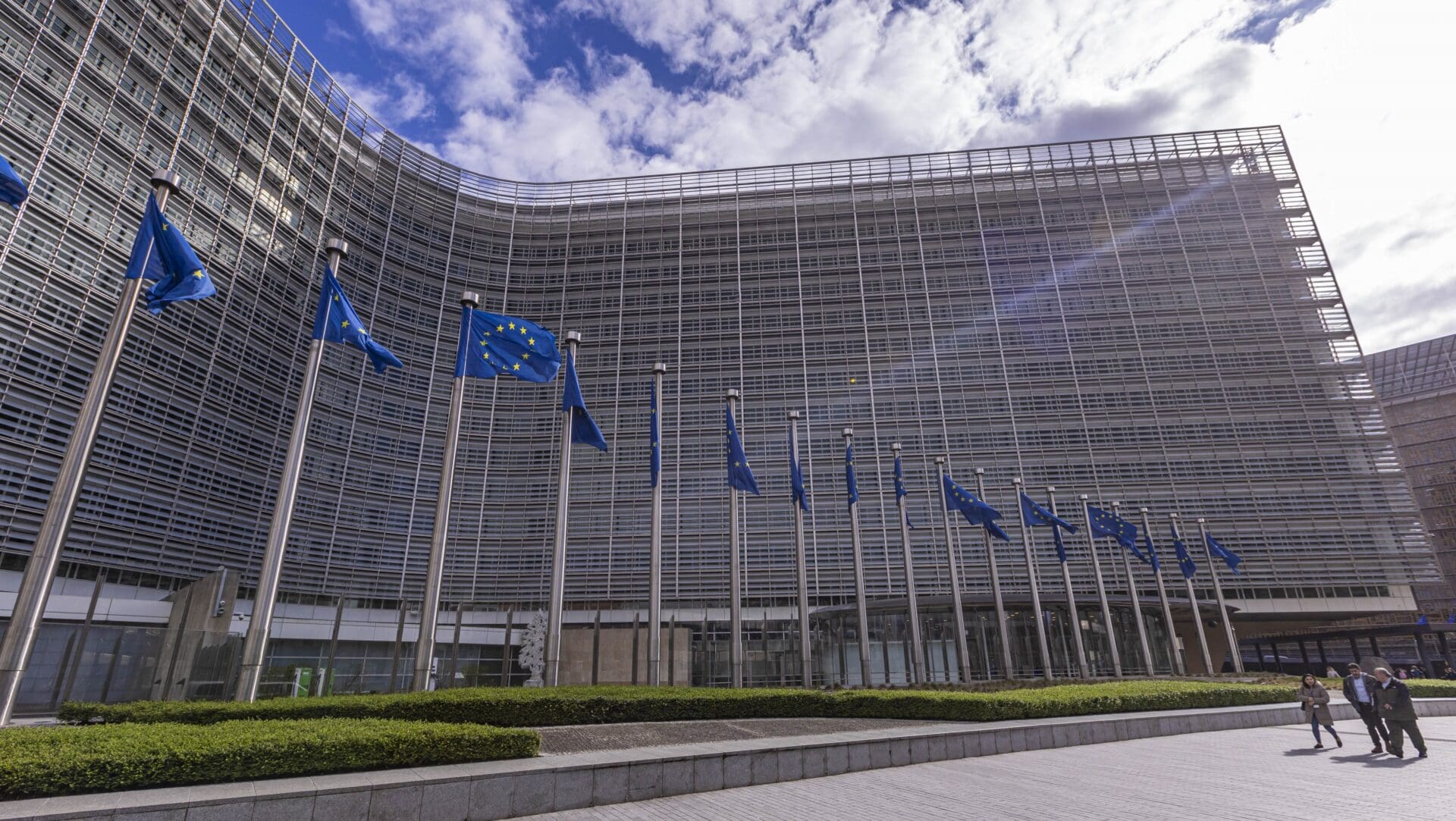Another year has passed, and the European Commission has published its annual Rule of Law Report. Given that the rule of law appears to be merely a tool for political pressure from Brussels, one might question the value of engaging with these annual reports. However, this is a topic that warrants further discussion in a separate article.
Let us take a closer look at this year’s report. Its main finding is that the rule of law has improved at the EU level, with Member States meeting 68 per cent of last year’s recommendations. However, there are still some Member States where the ‘rule of law remains at risk’. It is not difficult to guess which Member States Brussels has in mind.
The first country, ‘obviously’, is Hungary, but there are two new members on the EU’s ‘bad guys’ list: Slovakia and Italy. This is hardly surprising, given that these two countries have governments prioritizing national interests. Bratislava even takes a stance similar to Hungary on the war in Ukraine, clearly deceiving Brussels. It is also unsurprising that
Poland was left off this list after Brussels-favourite Donald Tusk came to power
following last October’s elections, despite the fact that he immediately used his power to launch a vendetta against the public media and judiciary.
However, no one will be surprised if Austria, for example, is added to the list of Member States that threaten the rule of law next year. Elections are due to be held in our neighbouring country soon, and the right-wing Austrian Freedom Party (FPÖ) looks set to be the clear front-runner. The party’s leader, Herbert Kickl, co-founded the political group Patriots for Europe (PfE) with Viktor Orbán and shares similar views on both migration and the war in Ukraine as the Hungarian prime minister—which does not count as a good point for Brussels.
New Report, Same Biased Concerns
Returning to the report and its findings concerning Hungary, the Commission, surprisingly, begins with a commendation, stating: ‘Following the legislative reform in 2023, the National Judicial Council exercises its new competences to effectively counterbalance the powers of the President of the National Office for the Judiciary.’ They also noted that the transparency of case allocation at the Curia, Hungary’s supreme court, improved further as a result of the 2023 reform. However, the Commission believes that this improvement does not extend to the lower courts.
As stated in the report, political influence on the prosecutor’s office persists in Hungary, judges’ freedom of expression is limited, and smear campaigns against judges continue in the media.
The Commission has yet to see the effectiveness of the Integrity Authority’s oversight functions and the impact of the Anti-Corruption Task Force’s work. Gaps in the financing of political parties and campaigns remain unresolved. The report also notes that while some high-level corruption cases have reached the prosecution stage, the lack of investigation into corruption allegations involving senior officials and their immediate associates remains a concern.
Brussels also has concerns about media freedom and the freedom of NGOs to operate. In particular, they point to the national sovereignty protection law adopted last December and the subsequent creation of the Office for the Protection of Sovereignty, which ‘undermines the civil sector’.
In connection with the latter, on the very day of the publication of the rule of law report, Justice Commissioner Didier Reynders told Népszava that the Commission does not rule out the possibility of a new rule of law mechanism being applied due to the sovereignty protection law. This could mean that
Hungary might be deprived of further EU funds in the future.
Regarding the funds frozen so far, the report states that, as the Hungarian government has not adopted new measures to address outstanding problems with the rule of law and the fight against corruption, the disbursement of some EU funds remains impossible.
In the case of Slovakia, the Commission cited the loss of freedom for NGOs and the media. Similarly, in the case of Italy, it is the freedom of the media that Brussels bureaucrats are concerned about.
Turning Right for Change
Commenting on the report on the rule of law, Director of EU Research at the Center for Fundamental Rights Attila Kovács stated that the fate of those Member States that stand up for their own sovereign national interests in the Brussels debates is nothing but stigmatization. ‘Since 2020, the report has shifted from the legal to the political and then to the ideological plane, targeting certain Member States for differences in perception,’ Attila Kovács emphasized.
It is clearer than ever that Brussels, under Ursula von der Leyen’s next Commission, will continue to use the rule of law as a tool for political and financial blackmail over the next five years. However, Hungary will not yield now, as it has not in the past, and will resist the blackmail from the left regarding the sovereignty and national interests of the country. It is also evident that this process can only conclude with a right-wing shift in the European Union, a shift that began in 2024 and could be completed in the coming years.
Related articles:








